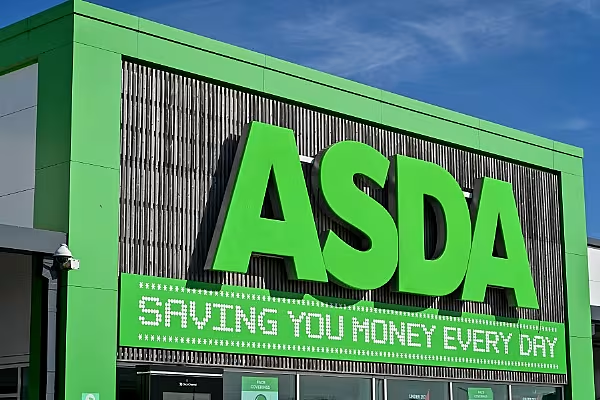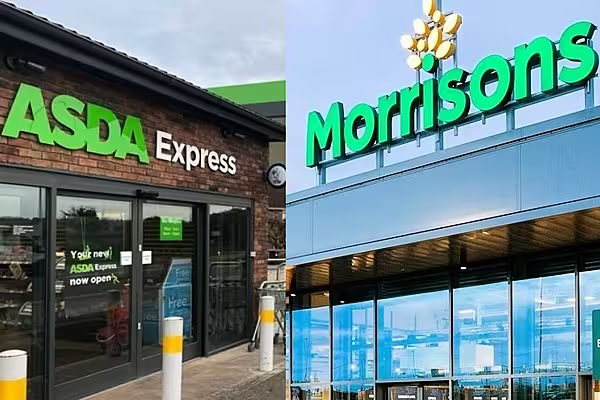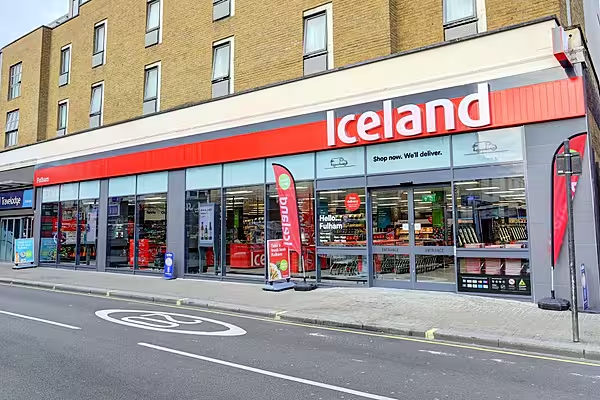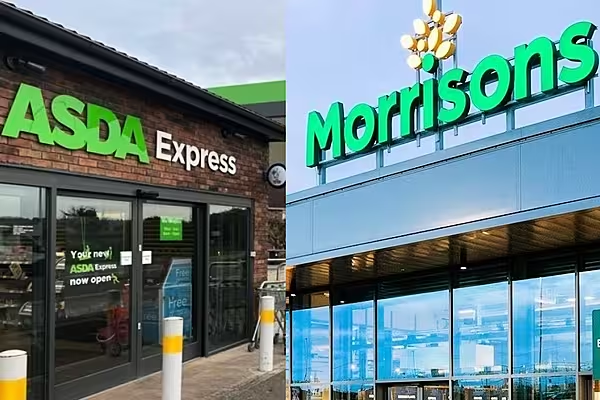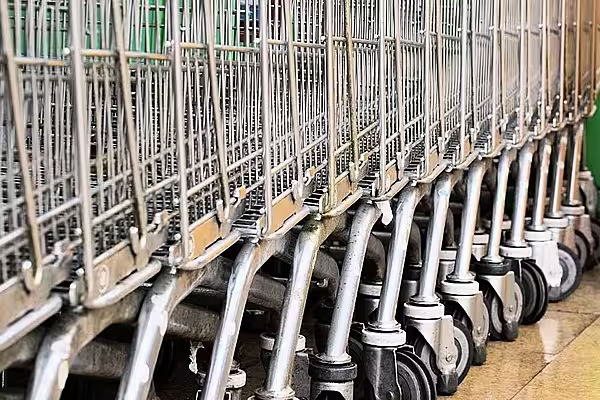One fifth of British households had 'negative disposable income' last month, with a shortfall between what they earned and what they needed to spend on essentials, UK supermarket group Asda said on Monday.
Confidence levels among Britain's consumers are at record lows as they struggle with the accelerating cost of living. Wages are failing to keep pace with inflation that hit a 40-year high of 9.4% in June and is heading for double digits.
Low-income families are particularly feeling the pinch.
Asda Income Tracker
The Asda Income Tracker showed 20% of UK households had negative disposable income in June – an average shortfall of £60 ($71.91) per week between what they earned and what they needed to spend on essential bills for groceries, electricity, gas, transport and mortgage interest payments or rent.
The data from Asda, Britain's number three grocer after market leader Tesco and Sainsbury's, showed a record 18% year-on-year drop in average household disposable income of £43.95 a week in June – equivalent to £175.80 per month.
The average household had £200 per week left last month after paying for essentials – a figure that has fallen for eight consecutive months to a level last seen in December 2017.
In response to the crisis, Britons are trading down in both stores and products, switching from mainstream supermarkets to discounters and from branded to lower priced private-label products.
They are also cutting back on fuel purchases as they reduce the number of car journeys they make, buying fewer takeaways, cancelling streaming services and cancelling repair warranties on domestic appliances.
News by Reuters, edited by ESM – your source for the latest supply chain news. Click subscribe to sign up to ESM: European Supermarket Magazine.
